We all know that eating is essential, a vital act that sustains life, with effects that extend beyond survival to physical, mental, social, and spiritual well-being.
Food is the primary source of essential nutrients that fortify and fuel our bodies and minds so they function efficiently; these nutrients help prevent chronic conditions, promote optimal physical and mental development, and support overall health.
Food connects us to each other, strengthening social bonds as we share meals and experiences. It serves an important role in cultural rituals and religious traditions. It affects our economy, as it is produced and distributed worldwide.
Because of its expansive impacts, we need to acknowledge the integral role food plays in our lives, as well as understand that making informed decisions about it is a cornerstone to leading a healthy, happy life. By being intentional about our food choices, we’re investing in our individual health and well-being, as well as that of our communities and planet.
That being said, there are many barriers to healthy eating in our society. And there’s plenty of advice about the approaches and protocols that are “best” for us — we could poke holes in all of them. But one thing I can comfortably recommend when it comes to food is to be alert to and thoughtful about your unique needs.
It starts with knowing your body: What does it need? What makes you feel better? What makes you feel worse?
Pay attention. If something doesn’t work for you, avoid or eliminate it. Approach food with curiosity, experimenting and refining your choices as you develop a greater awareness of your needs.
From there, you can put a few practices in place:
Get educated. Learn as much as you can about nutrition’s role in your health; understand its many effects on metabolism, hormones, blood sugar, stress management, and more.
Meal plan and prep. Plan and shop ahead so you can eat healthy all week long. If you don’t know how to cook, start with the basics; maybe just “assemble” something and see how that satisfies you.
Embrace seasonal rhythms. When you understand what’s in season, you can focus on consuming fresh produce. Think about the taste of a juicy red tomato, ripened on the vine in late August, picked and consumed in its prime — the pale, mealy options shipped thousands of miles across the country simply don’t compare.
Know your producers. Make it a habit to regularly stop at your local market or co-op. Befriend the farmers, the growers, the makers, the butchers. Purchase your food from sources who can answer your questions about it. Food creates community.
Reach for fresh, whole foods — and beware of long ingredient lists on labels. (What’s in an apple? An apple!) Look for trusted certifications like Non-GMO, USDA Organic, or Fair Trade Certified.
Create your own garden. Plants can grow in the slightest patches of ground and in pots or window boxes. Plant something and see what happens.
We’re focused on many of these things in the LifeCafes at Life Time too. Truth be told, we’ve struggled a bit to find our unique place in the food-service space. Yet our commitment to “if it’s here, it’s healthy” is always top of mind, and we know that the same habits and practices we suggest for you are also good for us.
In recent months, we’ve made some shifts that encourage more freedom and creativity in our LifeCafes. We’re bringing on culinary chefs who are sourcing local, organic ingredients from their regions. They’re experimenting with menu options and serving food that’s not only healthy but also delicious and convenient.
They’re building relationships with farmers in their communities and changing the menu in harmony with the seasons. We hope you’ve started to see (and taste) the changes in your local LifeCafe.
As you think about your own food choices, consider what you can eat seasonally and source locally. Think about what your body, mind, and the planet need to function at their best. When you can, avoid food that’s been packaged or ultraprocessed. Most of the time, opt for what is whole and healthy for you.
When we’re mindful about what food is available, where it comes from, and how it affects us, we can truly understand just how foundational food is to good health — our health, and the health of our communities and planet too.
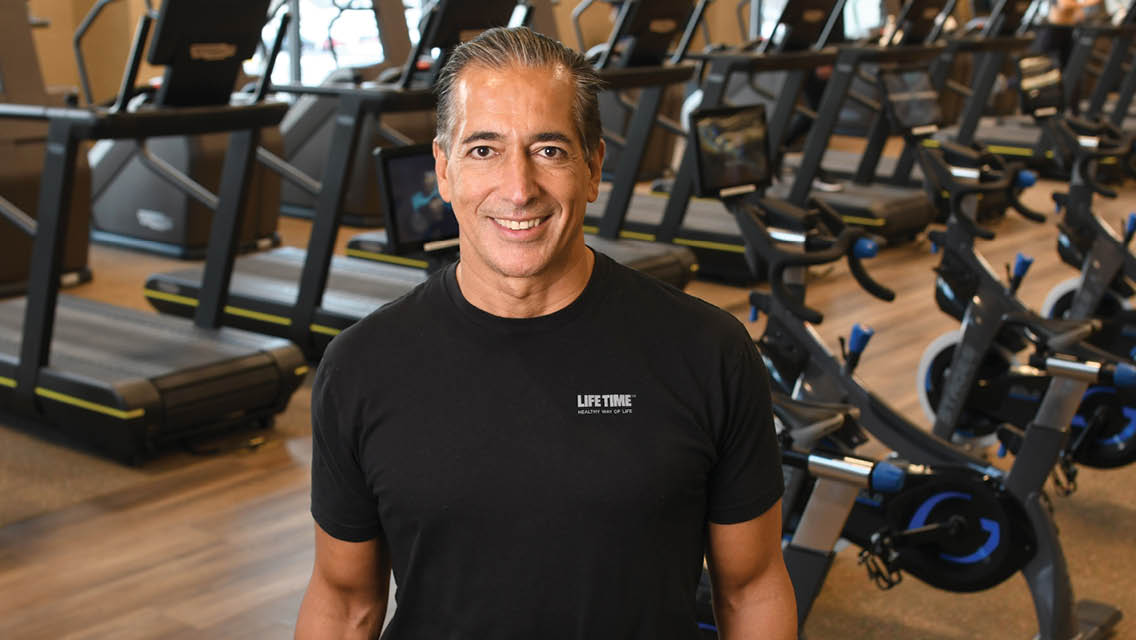
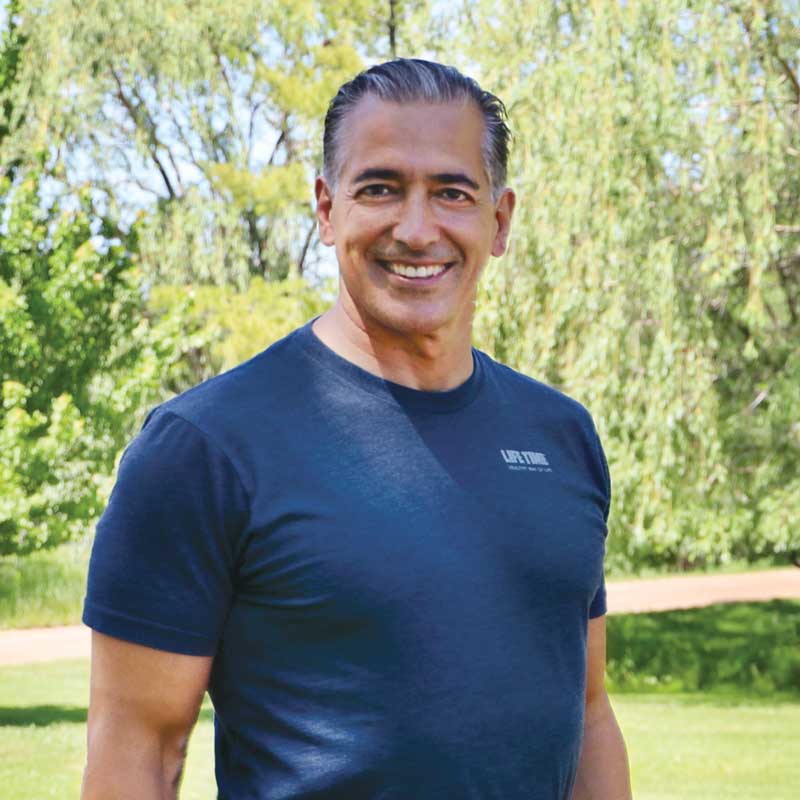

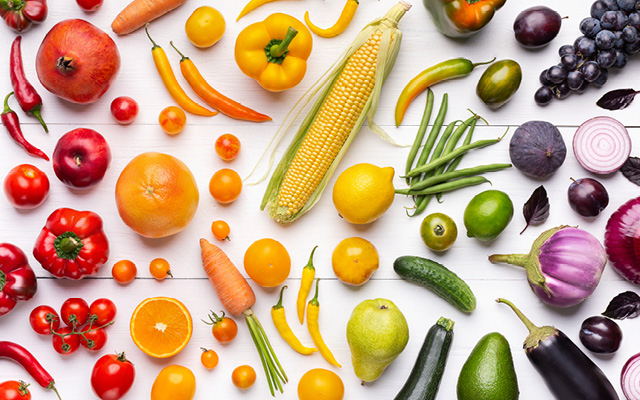
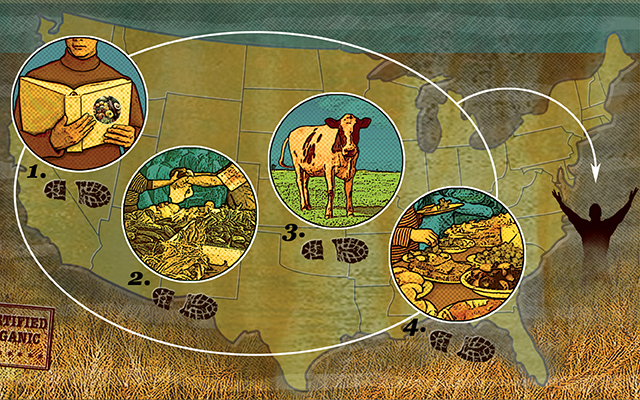
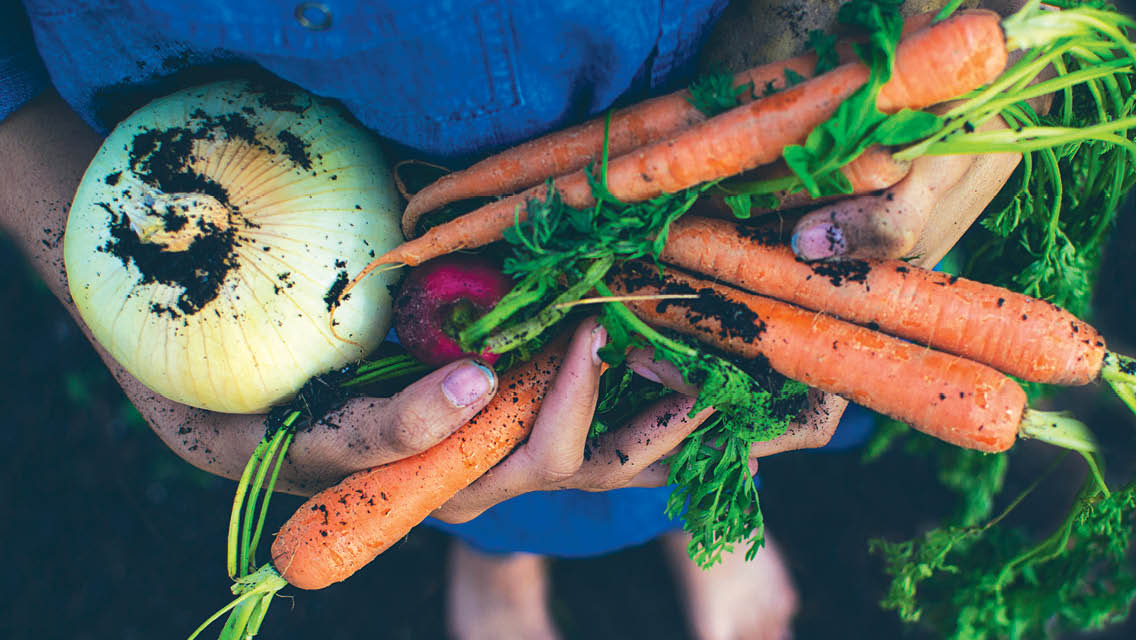
This Post Has 0 Comments